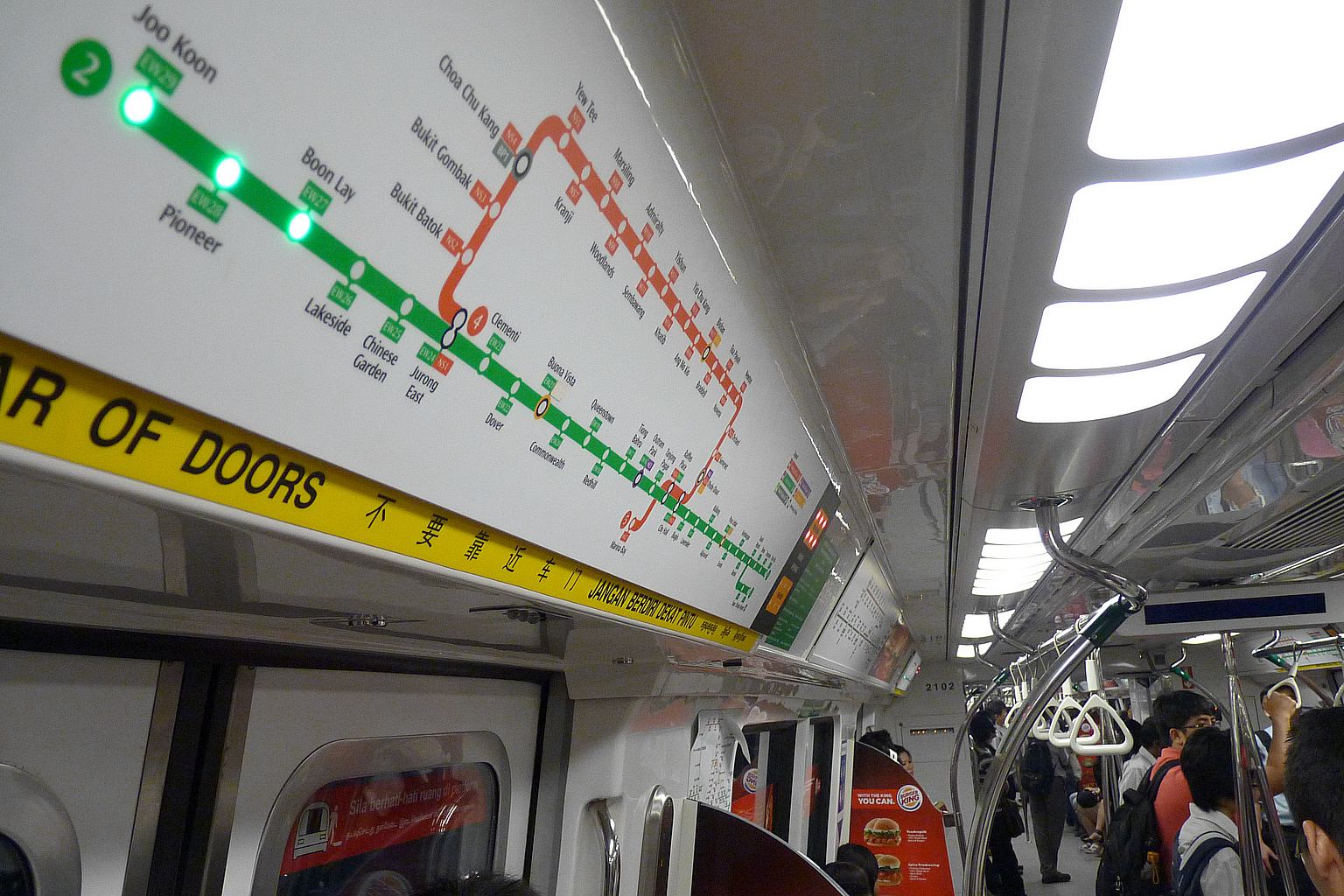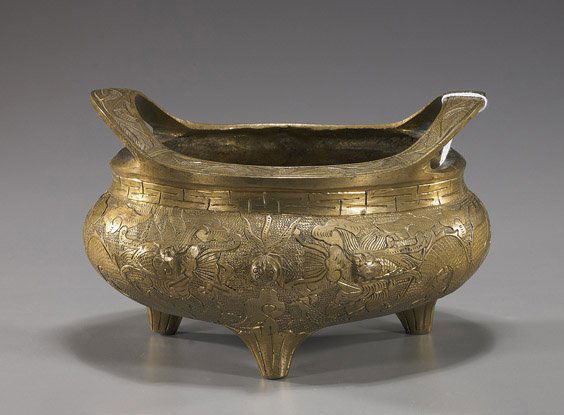Before the invention of the retirement age, people did not think of retiring from work. They would just carry on working until they could no longer do so. Then in 1881, Otto von Bismarck presented the idea of a pension scheme to a newly formed Germany that was premised upon a retirement age when people could choose not to work anymore and be financially taken care of by the state. It was a brilliant political move and soon Britain and Europe were buying into the idea of Bismarck's pension scheme [Read More].
During our colonial times, the British implemented a pension scheme in Singapore and civil servants could comfortably retire at the withdrawal age of 55 and enjoy social security when they no longer have to work. Back then, life was a lot simpler and the cost of living and healthcare was more manageable. With the rapid advances in modern medicine and technology over the last few decades, people are living longer and healthier lives. But, with escalating prices from food to transport, those on pension schemes are finding it harder to cope financially. Today, aged poverty stares in the face of millions of retirees living in rich countries. In the United States, more people are working past the age of 65 [Read More].
Pension schemes are turning into fiscal hot potatoes for governments with an ever-growing silver population. The cost of funding state pension schemes is taking its toll on government coffers. In 2013, it was announced that our civil servants will no longer receive pensions [Read More]. While pensions have been removed, the retirement age was not. There is a statutory retirement age that was previously set at 60 and our laws have since moved to provide for a "minimum retirement age" of 62 [Read More]. In other countries, legislations on retirement have either been abolished or amended to push up the retirement age [Read More]. The writings are on the wall. Retirement has to be retired.
The current working generation has to learn to face up to a future without retirement. In the context of today's high costs of living and healthcare, it is no longer glamorous nor affordable to retire and it is certainly better to be ready to keep working than being sorry about it. Not retiring from work 6seems to have its advantages. Modern scientific research has shown that retirement may in fact be bad for your mental health [Read More].
Without retirement, work and leisure will take on new meanings. For the employee, they will learn to take pride in being economically productive despite their age [Read More]. For employers, they will recognise the value of the silver workforce and its capacity to enhance productivity and to meet any labour shortage The responsibility of creating job opportunities for the silver workforce eventually falls on the government's shoulders. Our public sector could take the lead by employing more older workers on fixed or flexible hours and without discounting their wages or CPF contributions because of their age.
As working becomes a long-lasting commitment, attitudes towards planning for regular leisure activities and holidays will change. That long holiday in a dream destination which would have been put off until retirement need no longer be delayed that long. Living the moment will no longer be seen to be just be a mantra. It will be the way of life. For everyone.










